Florida-based DeLorean AI partnering with Tennessee company to offer patients new tech
Severence MacLaughlin is hoping to give more Americans the gift of one more hug.
Five years ago, MacLaughlin developed DeLorean AI, a Palm Beach, Florida-based company that helps doctors by providing technology-based artificial intelligence tools that he hopes will help keep patients healthier and prolong life expectancy.
In October, the company, no relation to the car who shares its name, partnered with Franklin-based Innovative Renal Care to launch a national test using new technology in 16 markets.
"This is the first time that AI is in the actual clinic, with the nurses, with doctors, with the patients, and it's driving that better health care," MacLaughlin said. "It's allowing doctors and nurses to be at the top of their license and function at the best of the best."
The new technology is helping to expand Innovative Renal Care's footprint to include more than 240 dialysis centers across 27 states, though no centers are maintained in Tennessee, CEO Nick Mendez said, noting that there is not a major need for incremental dialysis in a city like Nashville.
Innovative Renal Care is one of the nation's largest kidney dialysis providers, and in partnering with DeLorean AI, Mendez believes patients will have better health outcomes.
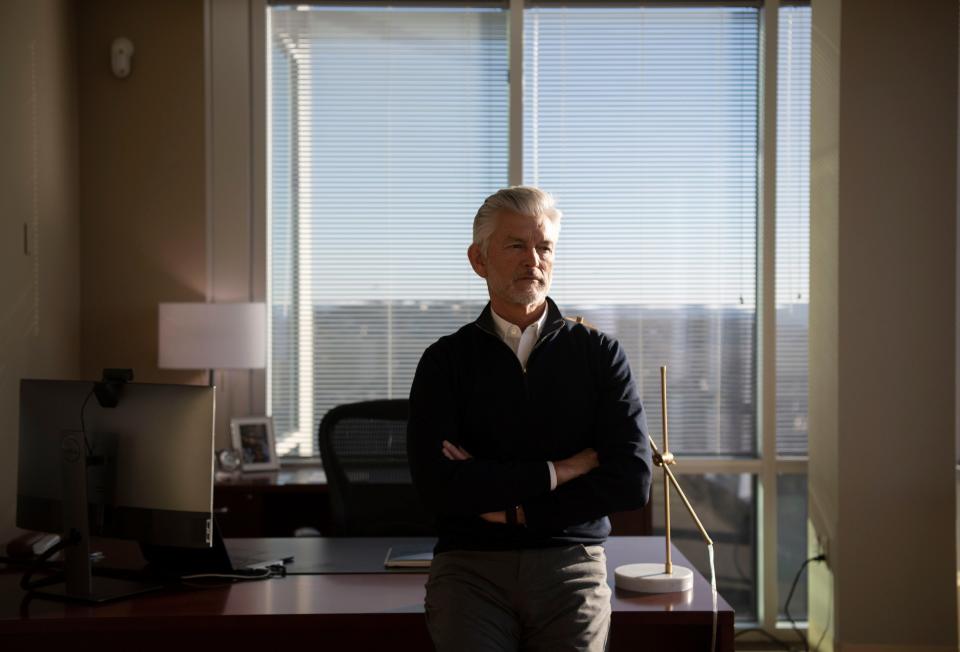
"You want your loved ones to be cared for, not just treated," he said. "It's a very big difference when a patient feels like somebody cares for them."
How it works
Using a new artificial intelligence machine built by DeLorean gives physicians a chance to better understand a patient's future health risks and provide treatments to catch things before they become serious or fatal, officials have said, touting the machine's benefits.
The machine uses an artificial intelligence algorithm to forecast outcomes for everyone of every race, size and health status.
When a doctor looks at a blood test, it is measured against a standard for the population, something developed around World War II. But not everyone fits into the same box, MacLaughlin said.
The algorithm allows Innovative Renal Care to look at a variety of outcomes and can personalize treatment for each individual.
MacLaughlin said the machine gives doctors real-time assessments to determine if a patient is healthy or not and what health risk factors could arise.
It then predicts in the future whether a patient will get better or worse or become hospitalized, he said, adding the algorithm can then recommend the next best action and course for that specific patient to ensure they are receiving the proper care to prevent serious health events like hospital stays.
Working with more than 400 clinics, DeLorean AI uses the machine to strategize in real time and help doctors address end-stage renal disease, chronic kidney diseases, diabetes, cardiovascular disease, chronic obstructive pulmonary disease and mental health issues, the company has said.
"The reason we looked at AI is because it allows us to add another tool to the toolbox when it comes to giving our medical professionals and our care team the ability to quickly assess a patient's particular situation, whether they're improving, stable or declining, and to make real-time assessments about that," Mendez said.
The partnership has led DeLorean AI to seek future expansion, with Franklin among the cities listed as a possible headquarters hub.
AI has seen its share of detractors, but MacLaughlin said his company's AI has been independently verified by three separate companies and has a confidence level of outcome success of 95% to 99% accuracy.
Innovative AI
At Innovative Renal Care, the DeLorean AI machine is working to track more data to offer better outcomes.
"The calculations occur faster than you or I could make them, and they occur across the breadth of all the patients I'm going to see in real time," Mendez said.
And quality is critical, he said.
In dealing with patients with chronic illness like kidney failure, Mendez said his physicians use DeLorean AI to hone in on benchmarks to keep them stable.
"You don't want them to incur negative events that would force them to go to a hospital, because every time something like that occurs, the consistency of their treatment suffers," he said. He credits the new AI machine with correcting patient care, saving them from hospital stays.
But if a patient were to have a hospital event, the AI algorithm would steer doctors towards the proper next steps in treatment to prevent future hospitalizations.
And the AI program is showing results, Mendez said.
"(Our) adequacy is above what is required to maintain stability in our patients, yet, we received a 4% improvement across the entire population that was involved in our AI versus the population that wasn't involved in AI," he said
Innovative Renal Care's use of AI falls under insurance coverage as the company works with most national insurers.
Bucking the stigma of AI
Many industries are using artificial intelligence to make life easier, especially for routine tasks like writing or summarizing.
MacLaughlin believes the future of medical care is driven by AI. That's why DeLorean is hoping to expand to international markets to provide better care outcomes across the world.
Vanderbilt University Medical Center is using predictive AI models to better care for patients in Middle Tennessee.
Vanderbilt pediatric professor Neal Patel said there is a lot of hype for AI services, not just in medicine.
Whether it is an automatic transmission shifting gears for you in a car, auto pilot in a plane or predictive models finishing your sentences on a text message, AI has been around for years.
But for Patel, not all AI is at the same level, especially in predictive models.
In sports, they are very prevalent, when a graphic pops on the screen and says a player has a 29% chance of scoring a touchdown in football, or 3% chance of getting on base in baseball.
Clinically, Patel said without AI, a doctor might not be able to tell someone they have a percentage chance of beating cancer based on age and other risk factors.
With predictive AI models like DeLorean, he said doctors are able to get ahead of possible diagnoses like chronic kidney disease.
"Predictive algorithms have a place, because if you think about it, every judgement we make as a human is a predictive algorithm. We just can't identify the variables. That's called judgement," Patel said.
The algorithm adds the variables to a doctor's decision making.
But predictive algorithms are not 100% accurate, so Patel said Vanderbilt uses the data obtained and runs it through tests to determine its validity.
At Vanderbilt, Patel said they use predictive AI on patients to determine their risk of readmission.
"I'm pro AI, knowing that AI is a continuum of different tools," Patel said. "We are leveraging algorithms in a variety of ways to make sure that we can take the best care of patents ... our whole tagline is personalized medicine."
Reach reporter Craig Shoup by email at cshoup@gannett.com and on X @Craig_Shoup. To support his work, sign up for a digital subscription to www.tennessean.com.
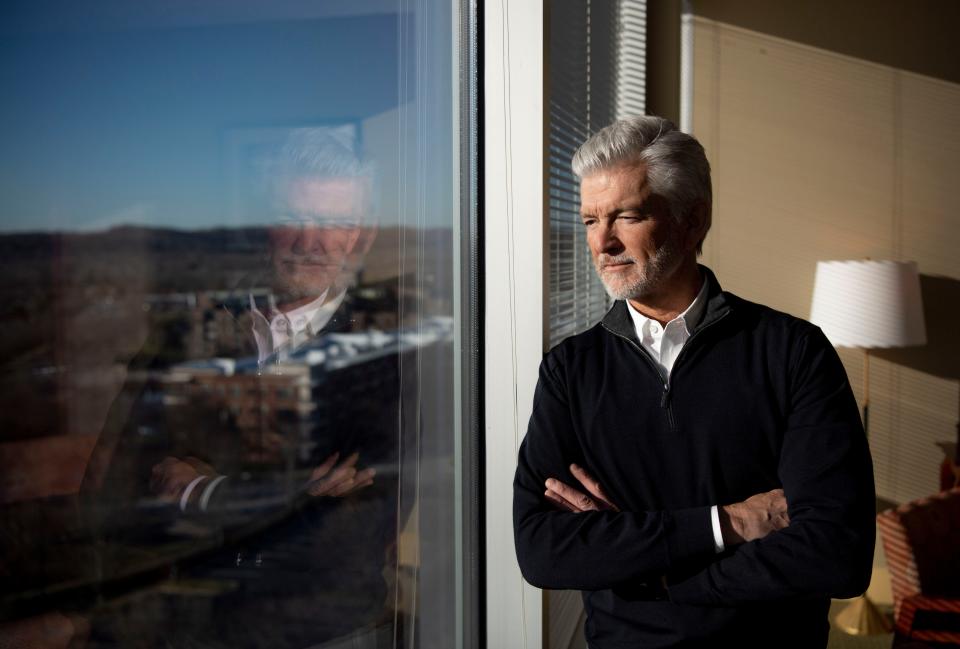
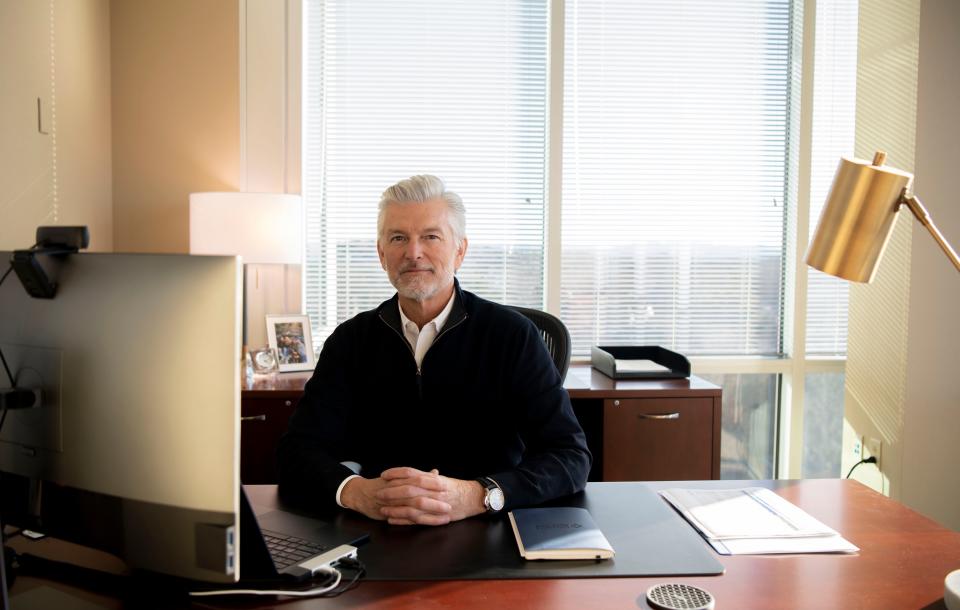
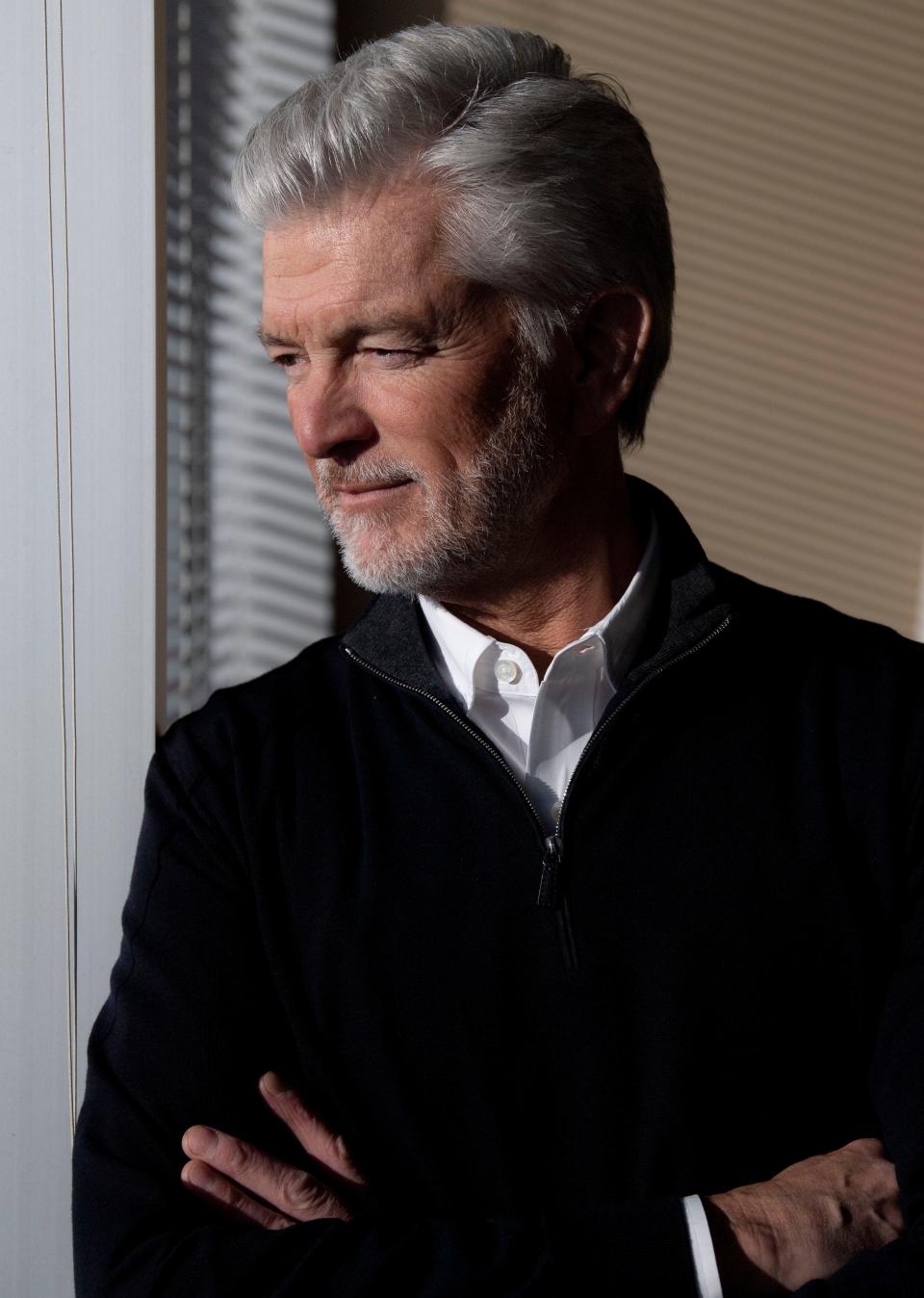
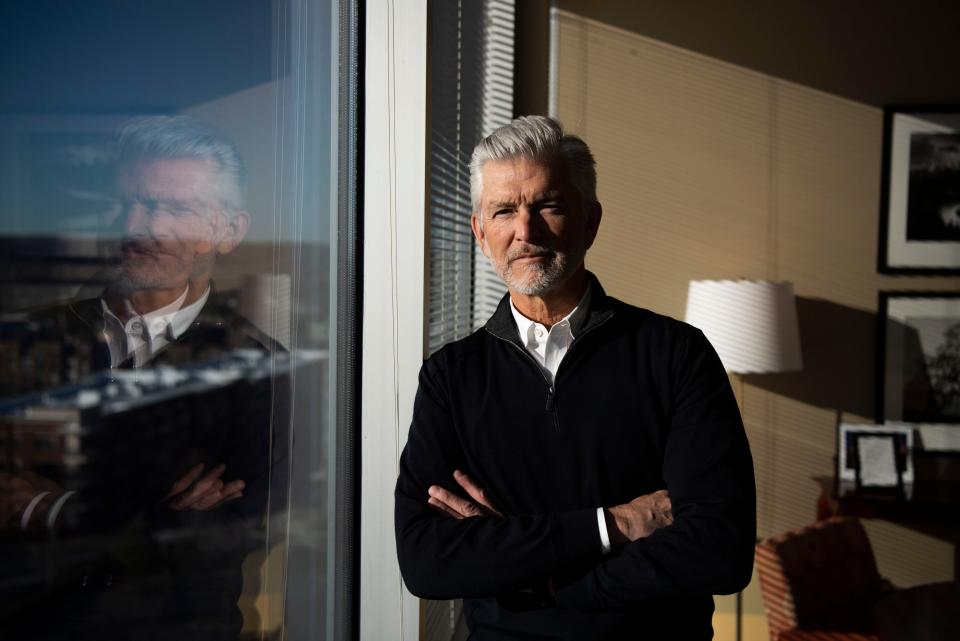
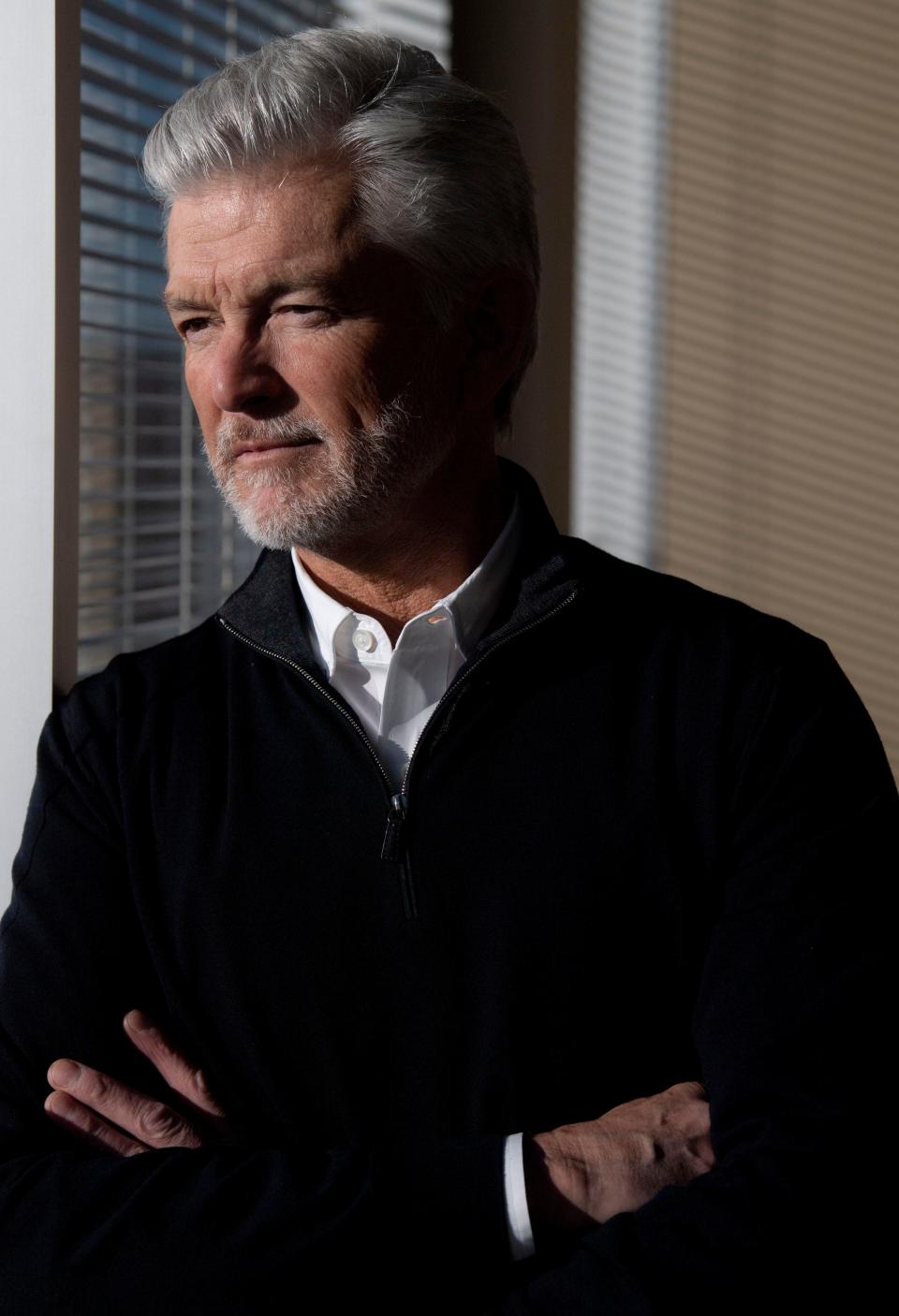
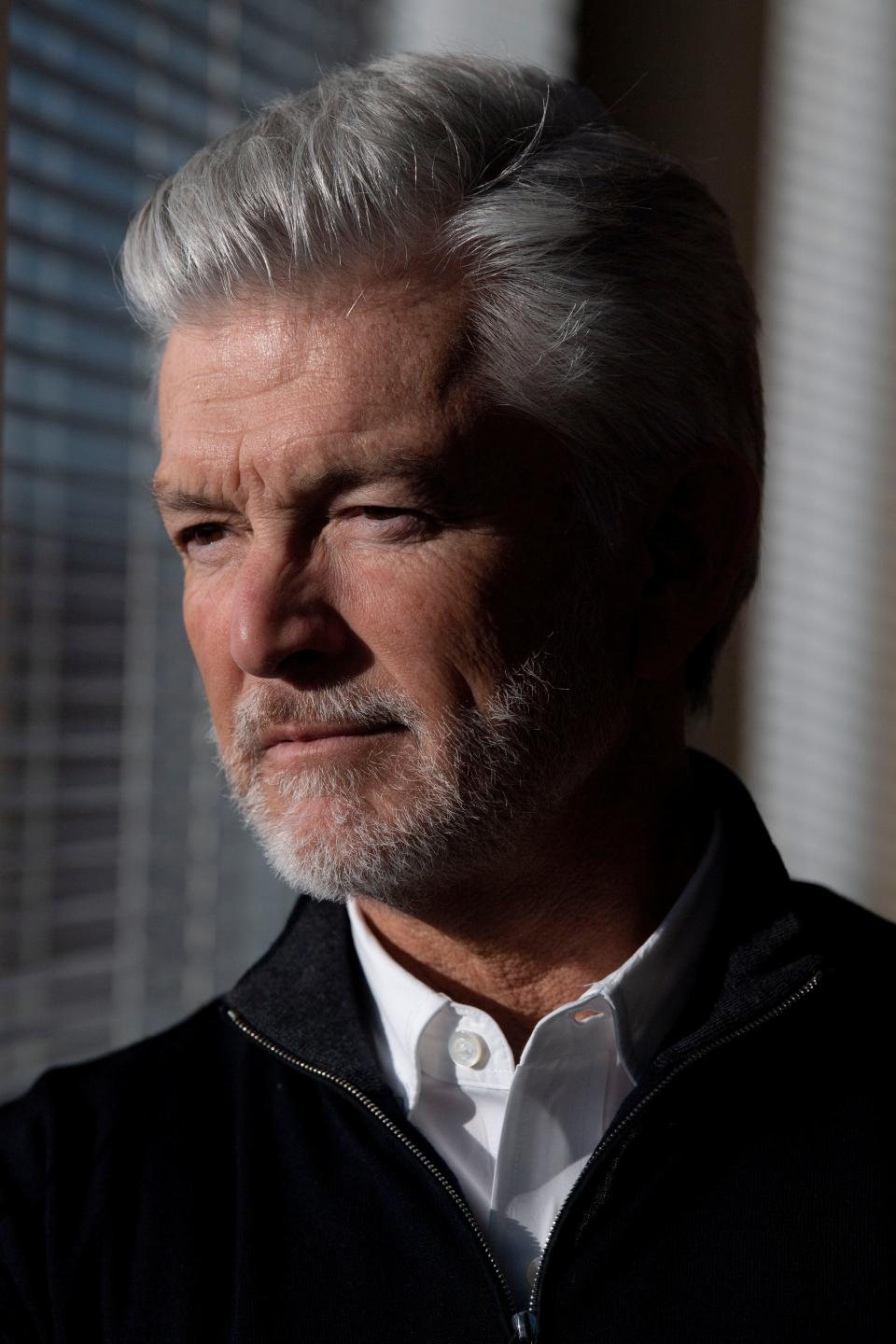
This article originally appeared on Nashville Tennessean: Florida, Tennessee companies partner on AI medical tech expansion

